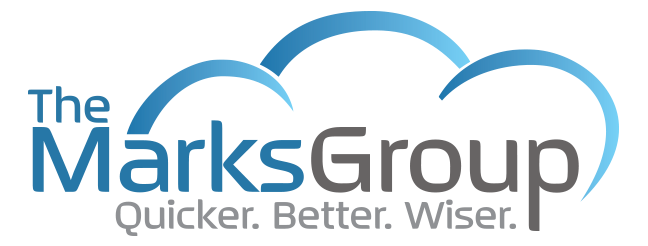 A lot of products and services these days focus on certain industries. In some cases, these products or services that are industry-specific might make sense. But what about when it comes to CRM systems? You may be overwhelmed with all of the different CRM examples you’ve likely heard about, and depending on the industry you operate in, might feel that an industry-specific CRM system is the way to go. But is this really the best option?
A lot of products and services these days focus on certain industries. In some cases, these products or services that are industry-specific might make sense. But what about when it comes to CRM systems? You may be overwhelmed with all of the different CRM examples you’ve likely heard about, and depending on the industry you operate in, might feel that an industry-specific CRM system is the way to go. But is this really the best option?
An example to consider
Let’s say you work for a news outlet and your team offers digital marketing services for the publisher’s customers, and the team’s primary tasks include creating and placing the best promotions possible to increase the success of their clients’ companies.
The team’s leader decides it’s time to invest in a CRM system, and needs one that can easily manage contacts, leads, and services, as well as a system that can track progress and results. She looked into a CRM system that was exclusively for publishers and discovered there were a lot of good options. However, the options available weren’t necessarily the best, and weren’t nearly as powerful as some of the many generic options available, such as Zoho and Salesforce.
In fact, some of the best and most powerful, generic CRM systems can still be customized for all industries. Just because they aren’t designed to suit one specific industry doesn’t mean they can’t be turned into the product they envisioned from the get-go.
Disadvantages of industry-focused CRM systems
While good, generic CRM systems can easily be customized to any industry, it still leads to another question: Why not just choose the industry-specific CRM system to begin with? What’s the disadvantage in making this decision?
Keep in mind that a CRM system should be a good, solid database. It should keep track of all important information, such as open and closed tasks, customer demographic information, email messages, and so on. You may also want to be able to track projects and service calls, and be able to integrate these things with your website. These are just some examples of the things you might plan to do with your CRM system. And yes, there are industry-focused systems that may meet your needs. But for one, they tend to cost more than many of their generic competitors. Oftentimes, they also offer fewer training resources and technical support, due to third party companies manufacturing them. Because they tend to be smaller, this also can potentially put customers at risk if the software maker were to suddenly disappear from the scene.
One of the biggest disadvantages to consider is that there are sometimes too many features. Many times, people only end up using a small portion of the offered features through industry-focused CRM systems, yet they are paying for a lot more. And the features that are commonly used can easily be used with a generic CRM system through customization.
Expert-led Zoho training offered through Marks Group Live
If you do decide to go with a generic CRM system, such as Zoho, the next step is to get the most out of your investment by learning everything there is to know about your new system and the features offered. At Marks Group Live, we offer comprehensive training and one-on-one support on everything Zoho. Learn more about what we offer by signing up for our membership today!
Read our full and original article on Inc.com.

